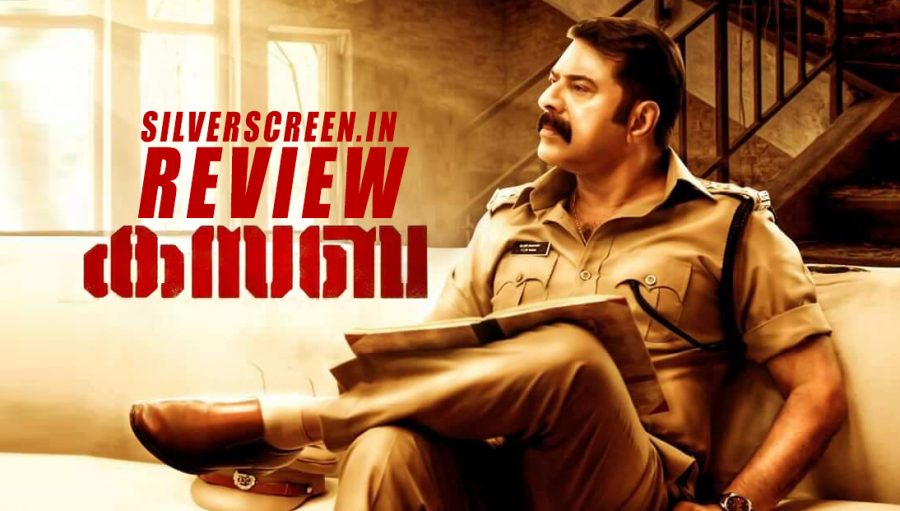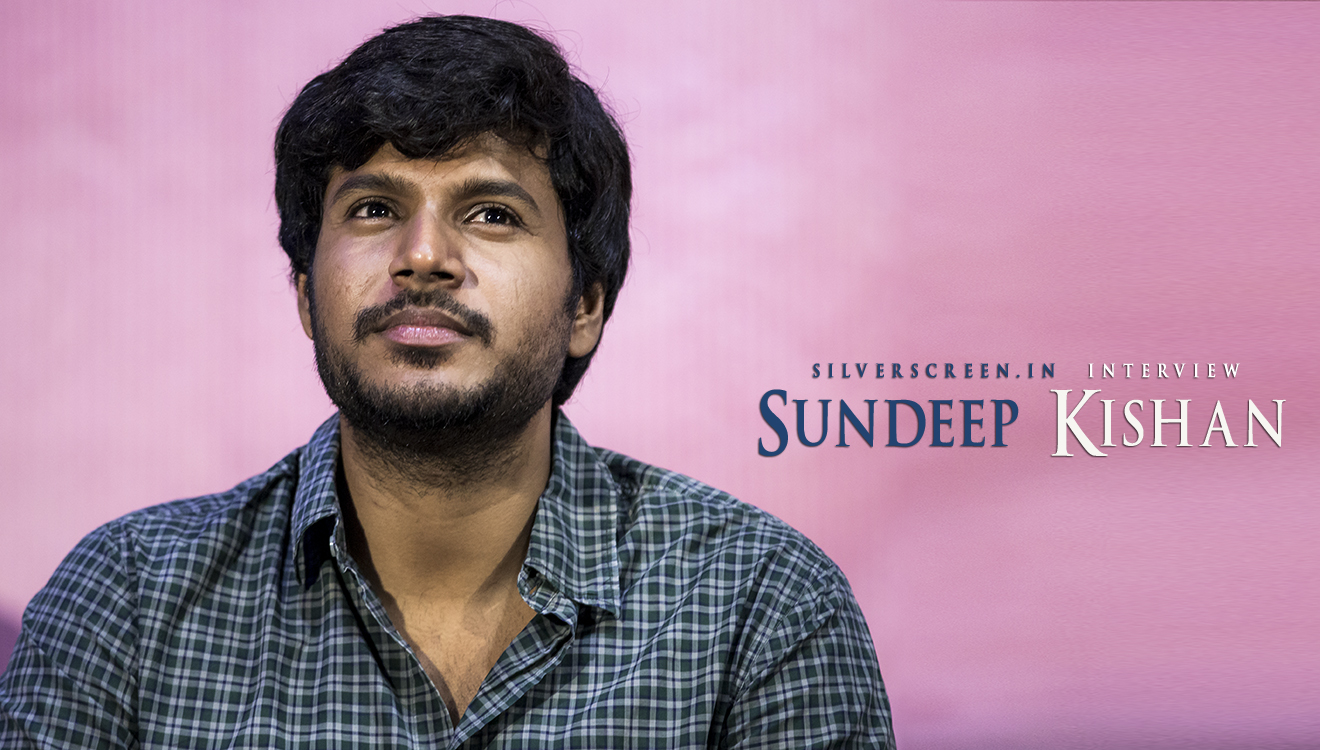Through Kasaba, debutant director Nithin Renji Panicker – who’s also the writer of the film – revives a genre Malayalam cinema seemed to have bid adieu to, long ago: the kind of cinema that celebrates an invincible male; an ‘educated’, powerful and unconditionally gutsy man with no respect for the law of land, or the people around him.
Kasaba‘s protagonist takes after several characters created by Nithin’s father, scriptwriter Ranji Panikker: one of them being Joseph Alexander, the district collector in The King, who shouts down the newly appointed assistant collector, a lady who refused to respect him, by saying, “you are just a woman… a meek, powerless woman.”
However, Nithin’s writing lacks the kind of charm that made Ranji Panikker’s films winners. Probably trying to bank on the festival crowd, the young director has made a film that celebrates perverted machismo, a deformed idea of women’s empowerment and senseless vigilantism.
And after seeing pigeons ambling around the characters in a in a midnight scene inside a posh brothel, we think that the less said about the art and production design, the better.
*****
At the centre of Kasaba, is a circle inspector named Rajan Sakhariya (Mammootty), a black sheep who is known for his wayward ways. He is ruthlessly violent, and every line he speaks is laced with sexual innuendos. After the initial portions which are spent on establishing Sakhariya’s dare-devilry, the film shifts to a remote village in Karnataka where Sakhariya is transferred to, to investigate a bomb blast case that killed two of his friends. The village is ruled by Parameswaran Nambiar (Sampath), the leader of a Hindu political outfit: a man sporting a handlebar moustache, with two wives and a paramour, a fiery prostitute. An opulent brothel where she stays serves as the location for a number of plot twists. The village, they say, is ‘infested’ with Maoists. There is a group of radical students (who closely resemble the JNU student leaders!). None of these characters are adequately developed. And the story-line follows a very beaten (to death) path.
*****
In I V Sasi’s 1993 cult-classic film Devasuram, Neelakantan, the protagonist, starts off as an anti-hero and the film gradually traces the incidents that lead to his fall and his final rise from the nadir. His transformation forms an important part of the film. In Ranjith’s Black, a movie where Mammootty plays a corrupt policeman, there is a definite story-line, well-delineated supporting characters and a powerful antagonist. In Kasaba, there is no character journey. There is no method to Sakhariya’s madness. There is no back-story that explains his behaviour. And the villain, Nambiar, is a character straight out of a Telugu no-brainer potboiler.
Recommended
In the film’s opening sequence which vaguely resembles a scene from Devasuram, an abuser questions a young prostitute “Would you sleep only with him (Sakhariya)? How is he different?” She throws a glance beneath his belt and remarks something about Sakhariya’s male organ being steadier than his. At another instance, a lady cop asks Sakhariya not to smoke inside a police station, and he pulls her by her belt and manhandles her, before hinting that he would want to meet her in private sometime. This vulgar show of chauvinism has peppy background music accompanying it.
This is the crux of the film’s definition of the hero. At a time when younger generation of filmmakers are constantly infusing freshness into cinema, it’s disappointing to see another youngster, whose list of inspiration (according to the title cards) include the names of Mario Puzo and P Padmarajan, reducing his hero construction to tasteless punch dialogues, senseless violence and crass display of machismo.
*****
Kasaba, beyond the overwhelming opening collections at theatres, is a movie that Mammootty would want to forget. A regressive movie which lacks any cinematic distinction.



